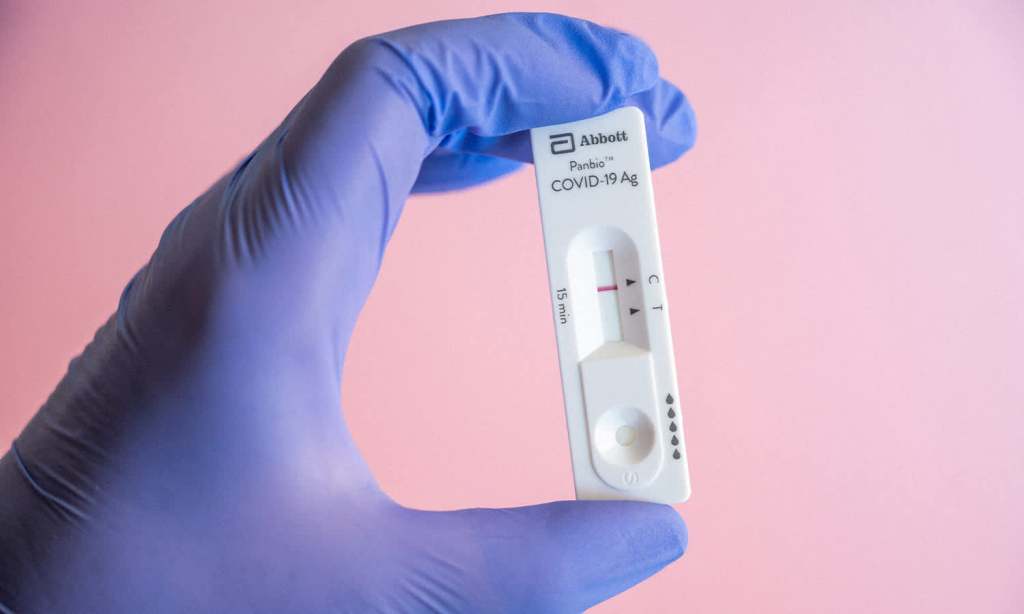If you’ve yet to catch COVID-19, over three years into the pandemic that has swept the world, you may well be one of the rare people who are naturally immune to the disease.
Hundreds of people who have never contracted the disease, inducing those on the frontlines of healthcare who have been heavily exposed, have enrolled in studies around the world to figure out if genetic variations have protected them.
Scientists have long suspected that there are certain individuals who have immune systems that are particularly adept at fighting the SARS-COV-2 virus, but how they work remains a mystery.
The BBC reported, in July of 2020, that there is a percentage of the population who appear to have T cells — the immune cells tasked with identifying and killing invading pathogens and infected cells — that specifically seek out COVID-19’s spike protein layer.
The weirdest thing about this is that these T cells — of which our bodies produce trillions of possible versions to fight different infections — were present in these people long before COVID-19 ever infected humans.
Scientists suspect that people with these cells are actually fairly common — with 40-60% of the population thought to have them.
Later studies appear to support this theory, with one conducted on London healthcare workers during the first wave of the pandemic, found that around 15% of people who had been exposed to the virus did not record an infection. When they looked more closely, they found that these people had an increase in the T cells responsible for fighting COVID, suggesting that they already had these cells to begin with which targeted the virus before it could take hold.
There is also evidence to suggest that your genetic makeup could also play a big role in whether or not you catch COVID. Work at Imperial College London has found that people without certain human leukocyte antigen genes are far more likely to have asymptomatic or no infection from COVID.
So, is it just a genetic or immune system lottery as to why you’ve not managed to catch COVID? Not quite.
Vaccines and Testing Issues With COVID
Dodging COVID until this point either makes you incredibly lucky, incredibly cautious, or immune. The other option is that you’ve had COVID but you simply haven’t known it, potentially owing to your vaccination status.
Those who have received at least two doses of a COVID vaccine are up to five times less likely to catch COVID than those who are unvaccinated. This protection is a little shakier when compared to newer variants, like Omicron, BA.2, and the new Arcturus variant, however, a booster jab has been shown to push that protection back up. A third dose has been shown to make up 50% less likely to catch COVID than without it.
If you were, for example, to be exposed to COVID in the month following your second or third dose of the vaccine, the chances of catching it are much lower. This could explain why some people have not contracted the virus following exposure.
This being said, there are simply those who, for one reason or another, are immune to the virus. This has been noted in other diseases, like HIV, where a tiny percentage of the population have genetic mutations in their immune system that protect against this virus, and could be the same with COVID.
Scientists are hoping that studying their genetic variations, could give some insight into new vaccines and new treatments that may be far more long-lasting and effective in the fight against COVID than those we already have.
“There’s a couple of genes that have our attention,” said Dr Andras Spaan, a clinical microbiologist at an organisation called the COVID Human Genetic Effort.
“One of them, of course, is ACE2,” he explained, a gene known to help COVID infiltrate the body. The theory is that some people may have DNA that prevents ACE2 or other genes from facilitating a COVID infection.
Other research groups are focusing on something called human leukocyte antigen, or HLA, a molecule that sits on the surface of the human cells and alerts the immune system to potential threats. People with mutations in the gene that regulates HLA have been found to be far more likely to have asymptomatic infections and, once infected, could have strong enough immune memory such that they are never infected again.
“That would be important because that’s really what we want to achieve in the population,” Akiko Iwasaki, a professor of immunobiology at Yale University who is studying these people, has said.
Right now, we are still in the theoretical stage, and researchers are cautioning that even those who have never had the illness are not likely to be immune. So, while your overly-confident mate is probably wrong in their claims of being “immune” to the virus, there may actually be some truth to it if they just happen to be one of these lucky people. If so, maybe get them on down to the nearest immunology research lab.
Related: The Government’s COVID Plan Is Going to Be Very Different Next Year
Related: Yes, COVID Can Shrink Your Penis, But Don’t Panic!
Read more stories from The Latch and subscribe to our email newsletter.







